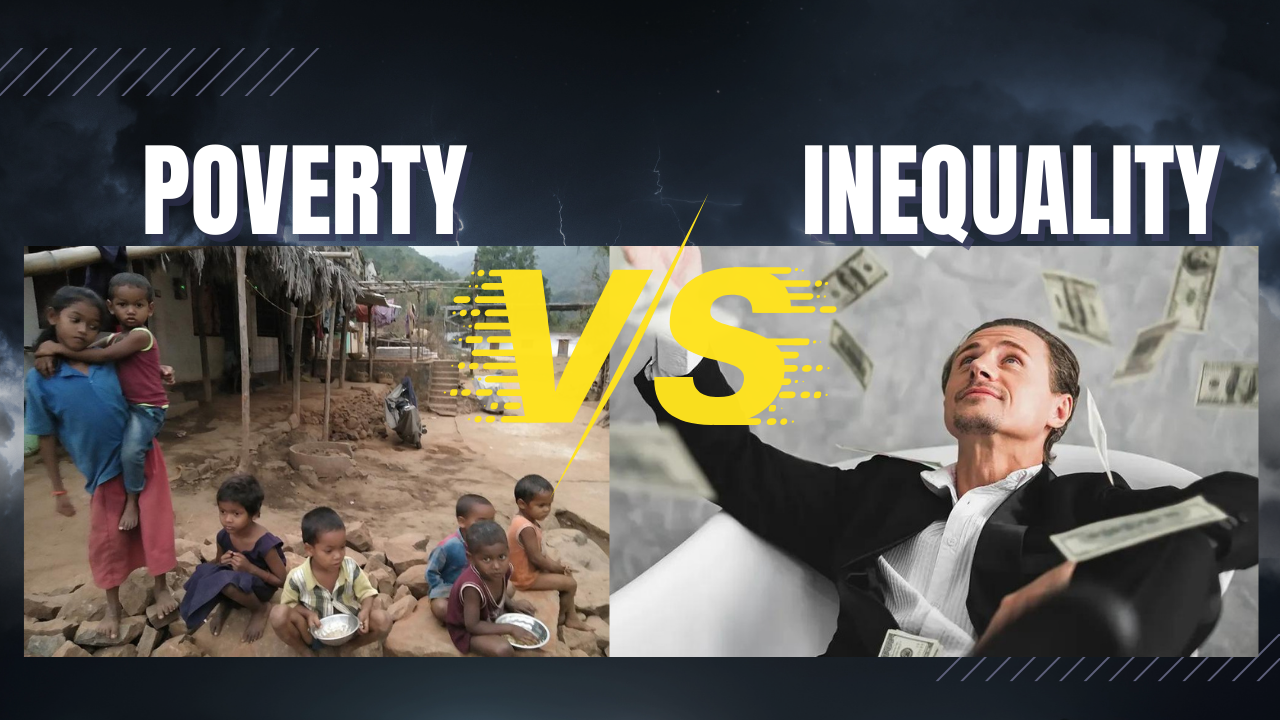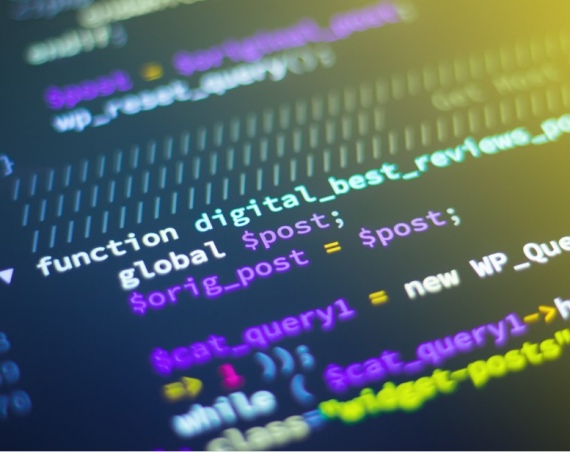Income inequality and poverty are two major social issues that have been prevalent in many countries around the world. Income inequality refers to the unequal distribution of wealth and resources among individuals, households, or groups. On the other hand, poverty refers to being economically disadvantaged, lacking necessities such as food, shelter, clothing, and access to healthcare. These two issues are closely intertwined, as income inequality often leads to poverty, which contributes to the perpetuation of income inequality.
Income inequality has been on the rise in many countries in recent decades. It has been argued that this trend is one of the biggest threats to global economic stability and social cohesion. The widening income gap between the rich and the poor has significant economic, social, and political implications. For example, research has shown that income inequality can lead to reduced economic growth, reduced social mobility, and increased political polarization. Furthermore, income inequality is linked to various health problems, including higher rates of mental health issues, heart disease, and other chronic illnesses.
Poverty, on the other hand, is a complex and multidimensional issue affecting millions of people worldwide. The effects of poverty are far-reaching and can lead to a cycle of disadvantage and marginalization, making it difficult for individuals and communities to escape poverty. Poverty can negatively impact health, education, and overall well-being, reducing the life expectancy and increasing vulnerability to disease and other health problems. In addition, poverty can lead to reduced access to essential services, including clean water and sanitation, which can have further negative impacts on health and overall well-being.
To address these issues, governments and organizations worldwide are implementing a range of policies and programs to reduce income inequality and poverty. For example, many countries have implemented progressive tax systems, in which the rich are taxed at a higher rate than the poor, to help distribute wealth and resources more evenly. Additionally, many governments are investing in education and training programs to help individuals and communities escape poverty and build better lives for themselves and their families. Other initiatives, such as microfinance programs, aim to provide access to financial services and resources for those who may not have access to traditional banking services.
In conclusion, income inequality and poverty are two major social issues that significantly impact individuals, communities, and societies worldwide. Addressing these issues will require a comprehensive and sustained effort from governments, organizations, and individuals. While there is no easy solution, we can build a fairer, more equitable, and prosperous world for all by working together to reduce income inequality and alleviate poverty.



